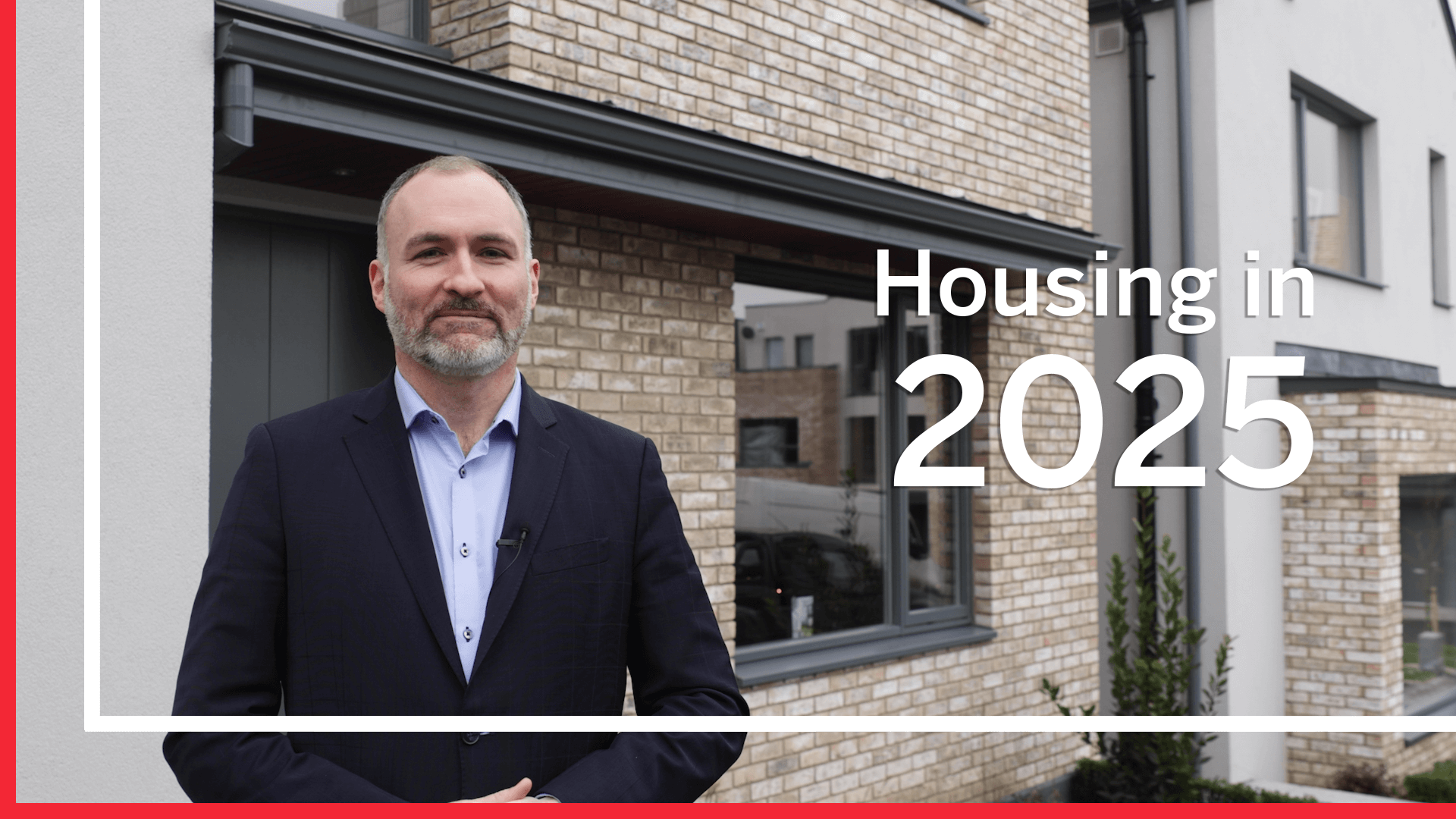Housing Infrastructural Deficits in Ireland
20th December 2024

Article by Frank McSharry, Divisional Director, New Homes at Lisney. (fmcsharry@lisneysir.com | +353 1 638 2700 )
As we approach the end of the calendar year, and with a new Government set to take office in the early 2025, it is a prudent time to review the housing supply situation in Ireland
While residential delivery numbers have steadily improved in recent years, they remain well below the levels (50 to 60 thousand per annum) that are widely regarded as needed to meet current demand. Supply continues to be constrained due to planning delays, viability concerns and industry capacity.
One factor that must be focused on relates to housing infrastructure, which is inadequate in many parts of the country and ultimately hindering delivery numbers. Infrastructural deficits in areas such as water, wastewater, drainage, electricity, and transport connections such as link roads and roundabouts, are having a major impact on the construction industry’s ability to deliver housing at scale.
Residential property developers regularly voice concerns about the lack of adequately serviced land to build houses on. Of the primary issues preventing zoned land from being activated for residential development, utility connections (water and electricity) and wastewater infrastructure are by far the most prominent.
Many towns and regions within the country have seen plans for substantial housing developments put on hold because of infrastructural deficits and capacity limits (on wastewater treatment plants in particular).
In other cases, large multi-phase developments have had to pause construction works mid-stream while they wait for utility companies to catch up and install the necessary pipes and infrastructure. This causes huge inefficiencies and cost implications for Developers.
Even at housing developments that have all required infrastructure in place, there are substantial delays being experienced in getting utility connections commissioned and activated at completed housing units, due to the limited resources of providers. This causes substantial delays to the closing of house sales, greatly inconveniencing house buyers and Developers alike.
Industry sources regularly point out that to meet the needs of the population into the future, Ireland needs long term planning to ensure that critical infrastructure is delivered proactively. The construction industry needs more certainty around investment and delivery timelines in infrastructure in order to scale up resources to the necessary level.
There is general acceptance of these issues within the country. Ireland’s Central Bank and many economic experts have regularly raised concerns about infrastructure bottlenecks in housing. According to the Irish Fiscal Advisory Council, Ireland’s infrastructure is 25% lower than the average for comparable European countries. A multi-year plan is required to address the housing infrastructural deficits.
Budget 2025 recently set out unprecedented levels of capital expenditure to help accelerate the delivery of the infrastructure programmes set out in the National Development Plan. Over €3 billion has been earmarked to tackle the country’s infrastructure challenges, with a particular focus on key sectors including energy, water and transport.
While the recent measures will have a positive impact, the urgent need to increase housing supply and associated infrastructure delivery by such a significant level, will require substantially higher capital deployment than is currently proposed. Funding will need to come from a variety of domestic and international sources.
There is potential toallocate a proportion of the €14 billion windfall from the Apple judgement in ways that could benefit the housing and construction sector, similar to how EU Regional Cohesion Funds were allocated historically. The Corporation tax revenues and record budget surplus being experienced at present gives the incoming Government an unprecedented opportunity to address Ireland’s infrastructural deficits.
